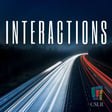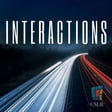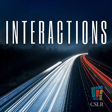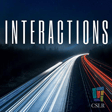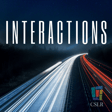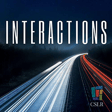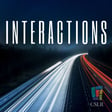
Mark Storslee | History and the School Prayer Cases
In this episode we speak with Dr. Mark Storslee about his work on History and the school prayer cases. Mark Storslee is an Associate Professor of Law and McDonald Distinguished Fellow at Emory Law School. He holds many degrees, including a JD from Stanford Law School and a PhD in Religious Studies from the University of Virginia. Storslee’s article, History and the School Prayer Cases was recently published in the Virginia Law Review and examines the Supreme Court’s rulings that prohibit state-sponsored prayer in public schools under the Establishment Clause, despite opt-outs for dissenters. In this episode, Whittney Barth and John Bernau join Mark to dive deeper into the history of these cases and talk about their implications for today's broader debates about government-sponsored prayer.
https://virginialawreview.org/articles/history-and-the-school-prayer-cases/
https://law.emory.edu/faculty/faculty-profiles/storslee-profile.html
